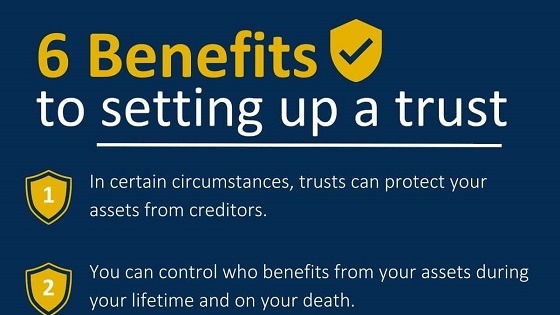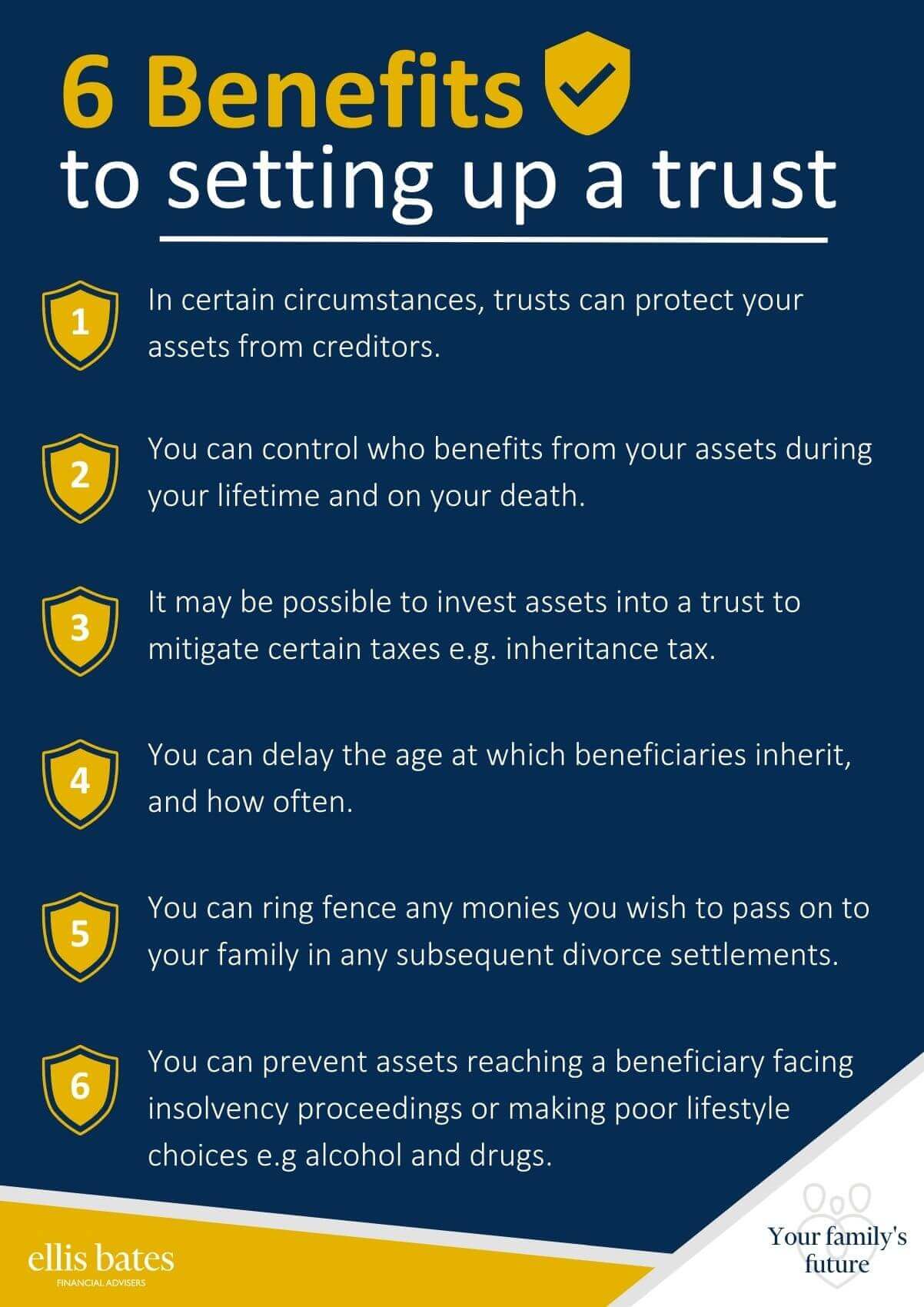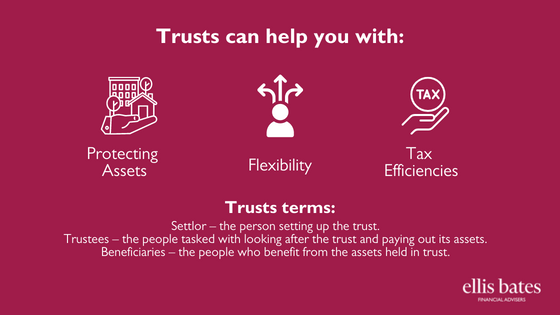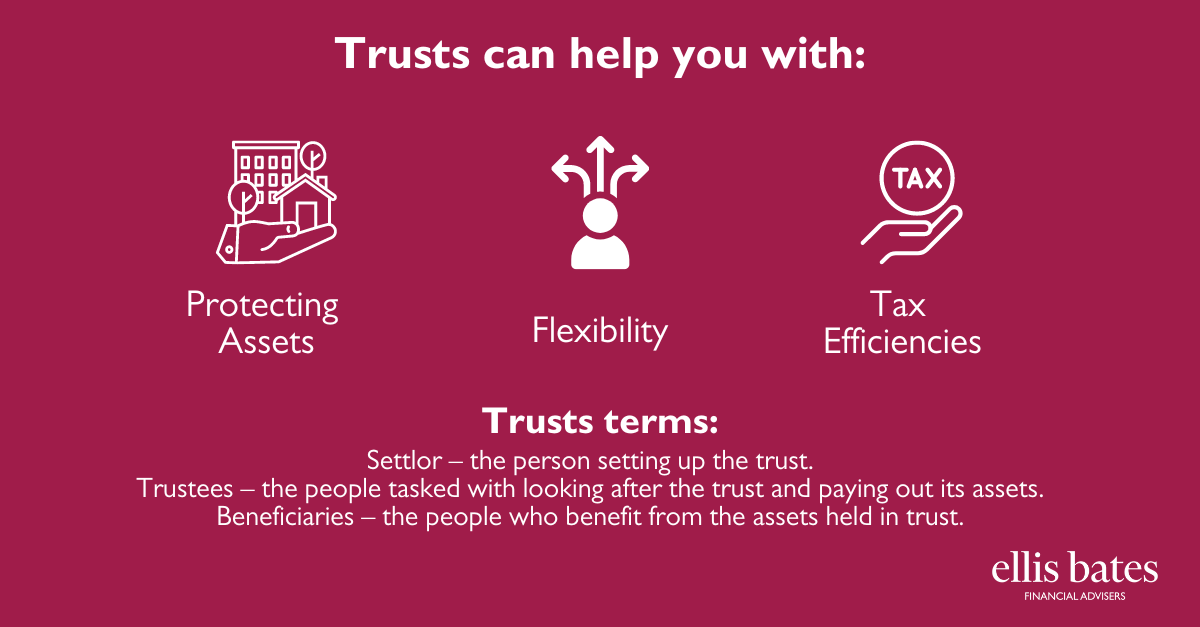Writing a Will
https://www.ellisbates.com/wp-content/themes/osmosis/images/empty/thumbnail.jpg 150 150 Jess Easby Jess Easby https://secure.gravatar.com/avatar/70f816837c455030814d46a740cfc12d89893aaf8cbf8c8f8f59387d7b30ac08?s=96&d=mm&r=gStatistics show that 22% of adults aged 75 years and above have no will, along with 39% aged between 65 and 74.
Having a Will in place is essential to ensure your estate is passed down to who you want it to. If you would like more information and guidance on making a Will, please get in touch.








